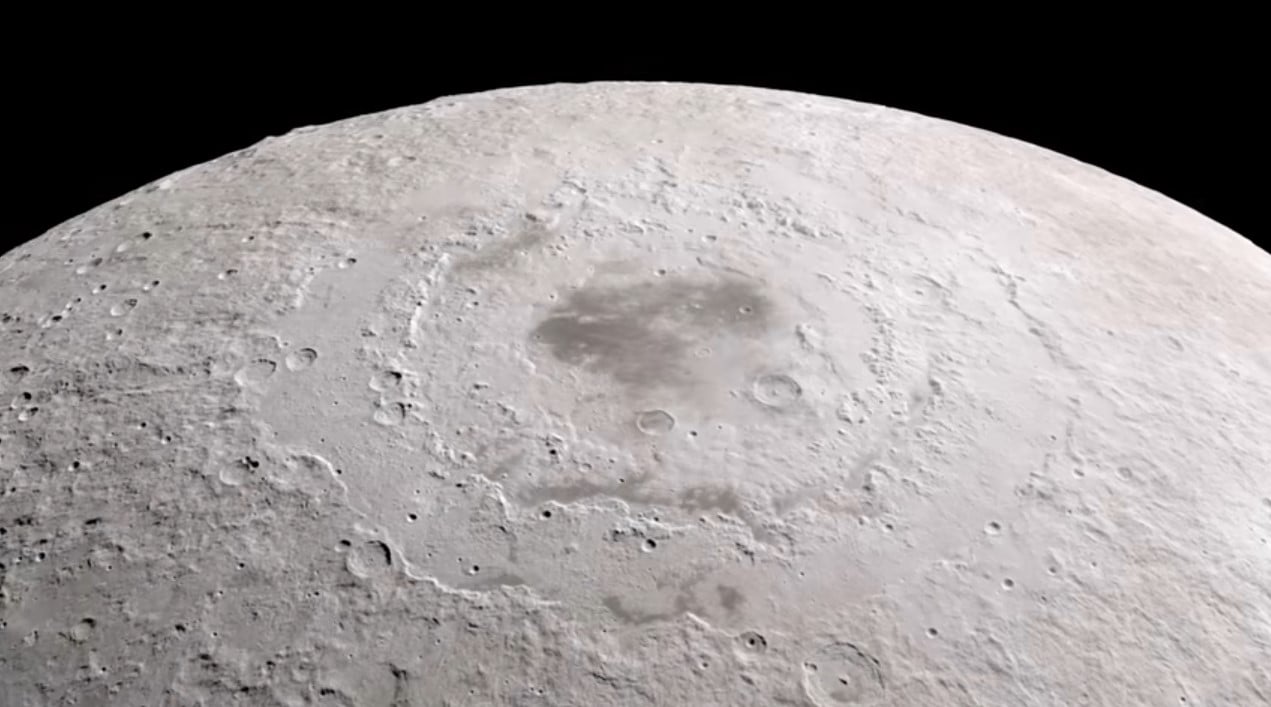A nonprofit has announced to send the entire English archive of Wikipedia into space in order to set up a library on the moon.
For those worried about numerous sheets of paper floating around the lunar surface, there’s no cause for alarm. The organization is going to send up the millions of Wikipedia articles that will be used to found a library on the moon in the form of miniaturized prints that will be etched into tiny sheets of metal that are thinner than the average human hair.
Using this method of extreme compression and space saving, the nonprofit claims that it will be able to launch the library on the moon using millions of pages of texts in the package that is roughly the size of a typical CD.
The nonprofit responsible for the plan to build a library on the moon is the Arch Foundation. Founded back in 2015, the main goal of the foundation is to set up archives of human culture in different areas throughout nearby outspace in order to inspire people about space.
In an interview with the Verge, Arch co-found Nova Spivack stated that “We thought of this project to archive human civilization around the Solar System – to create a permanent off-site backup of all our cultural achievements…So, our knowledge, our art, our languages our history – all the stuff the human mind has produced.”
The idea behind building the library on the moon is that these archives could last for millions or billions of years in space – perhaps lasting far beyond the survival of the human species in order to preserve crucial pieces of our culture. And if humans were to survive that long, it would serve as a Snapchat of the collective human knowledge in 2018.
While Wikipedia may not contain the entirety of human knowledge, it’s a pretty good start. As an encyclopedia with a reach that extends far beyond any sort of published text, it’s a good representative of our general knowledge and perhaps the best candidate to help start a library on the moon.
“It’s humbling to think our mission to the Moon will deliver something that could be read millions of years from now,” John Thornton, Astrobotic’s CEO, said in a statement. “Arch’s Lunar Library will be a monument not only to human knowledge and culture, but also the first commercial mission to the Moon.”
The company has since stated that the library on the moon will contain top Wikipedia articls in other languages, too, as well as the Long Now Foundation Rosetta Project, which is essentially a digital library of more than 1500 human languages. The Arch foundation plans to include other information too, which will be announced over the course of the coming year.
While the library on the moon may be a new endeavor, the Arch foundation already has some experience with sending archived text into space – having created tiny digital storage devices containing the entirety of Isaac Asimov’s Foundation trilogy which rode into space inside the Tesla roadster that was launched with the recent SpaceX Falcon Heavy.
It will be interesting to see if these plans to establish a library on the moon actually come to fruition, but it’s certainly a worthwhile endeavor. If humanity happens to enter a dark age where we lose a significant amount of information or if we go extinct entirely, it will be nice to have the collective human knowledge located somewhere safe.
While the likelihood of some sort of alien life stumbling across our library on the moon in the near future is incredibly unlikely given how much time we’ve spent looking for alien life with no results, the fact that one of our greatest repositories of free knowledge will be forever preserved on a lunar body is incredibly meaningful.
While we have access to a large amount of information in 2018, there’s no guarantee that it will be here forever. If we’re to ensure that what we know now is accessible far in the distance, the project of Arch foundation may be just the ticket.





